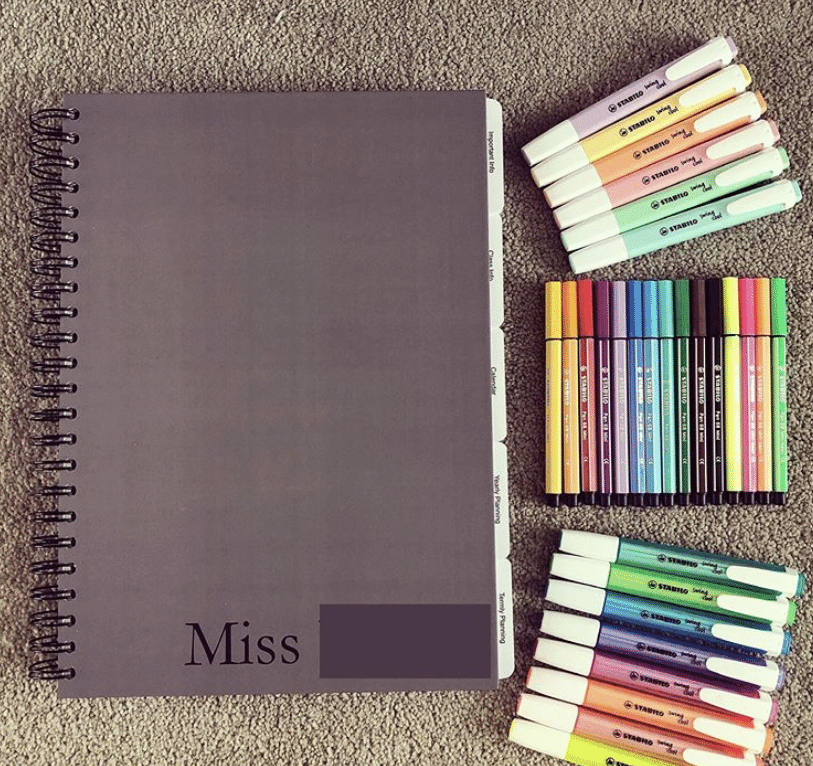Long after the last crumbs of sourdough bread have been swept away, and the last Zoom happy hour drinks are downed, there will be an archive of memories of life under lockdown in the form of online and printed homemade magazines or ‘zines’ that document the experiences of everyday people.

The internet has become home to an increasing number of these self-published chronicles, comics, and how-to guides for everything from giving yourself a hair cut to making DIY PPE, and even how to make your own zine!
Many are published on Instagram along with hashtags such as #quaranzine and #stayhomemakezines, the zines draw on a long tradition that began in the 1930s, when self-published, handmade fanzines become a forum for sci-fi fans to communicate and converse about the genre, and the nature of fandom itself.
As the years and decades marched on, other cliques – the beat poets, the punks, and the riot grrrls – also turned to the zine, as it became known, as it cost very little to produce, and used little more than paper and pens, and maybe a few staples.
These self-published, small-scale publications gave a voice to everyday people and the ability for people to share their experiences with a larger audience.
Illustrator Kirk Reedstrom, from Shreveport, Louisiana has been making zines since the US lockdown order back in March. “I would like people to see how surreal much of everyday life feels,” said Reedstrom, who shares musings about everything from runs on celery at his local supermarket to the strange tan lines he’s been getting on his daily walks.
‘Asian American Feminist Antibodies’ is the zine of the Asian American Feminist Collective, and gave Salonee Bhaman a chance to showcase “how Asian American feminists are taking care of each other and responding to this crisis.”
She adds, “There’s a bunch of stuff in there … it’s a real hodgepodge. We really tried to bring together a lot of writing responding to this crisis from a perspective of community care rather than fear or anger.”
Jonathan Valelly is the editor of Broken Pencil, a Toronto-based magazine about zines, which is offering crowdfunded microgrants to support zine-makers in Canada and the U.S.
He said he was not surprised to see print zines flourishing online, especially in these times of social distancing, “The zine culture is a lot about trading and collecting to reach others whom you know, but ideally who you don’t know, and build those connections across distances, and different lived experiences.”
Barnard College zine librarian Jenna Freedman thinks that the quaranzines will help form a more complete picture of the pandemic. In the future, this story will be told by journalists, by historians, by people with influence. But that doesn’t tell the full story,” she says. “By inviting a range of people that don’t have those kinds of platforms to contribute, we’re making a better historical record.”
If you wanted to make your own zine, maybe about your favourite lockdown cocktails, or a simple journal of your quarantine life, talk to us today about zine printing services!
Looking for a reliable printing company?
Get an instant quote